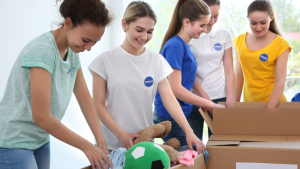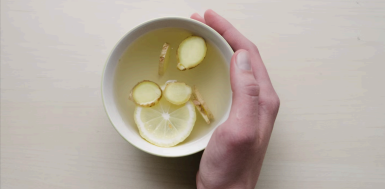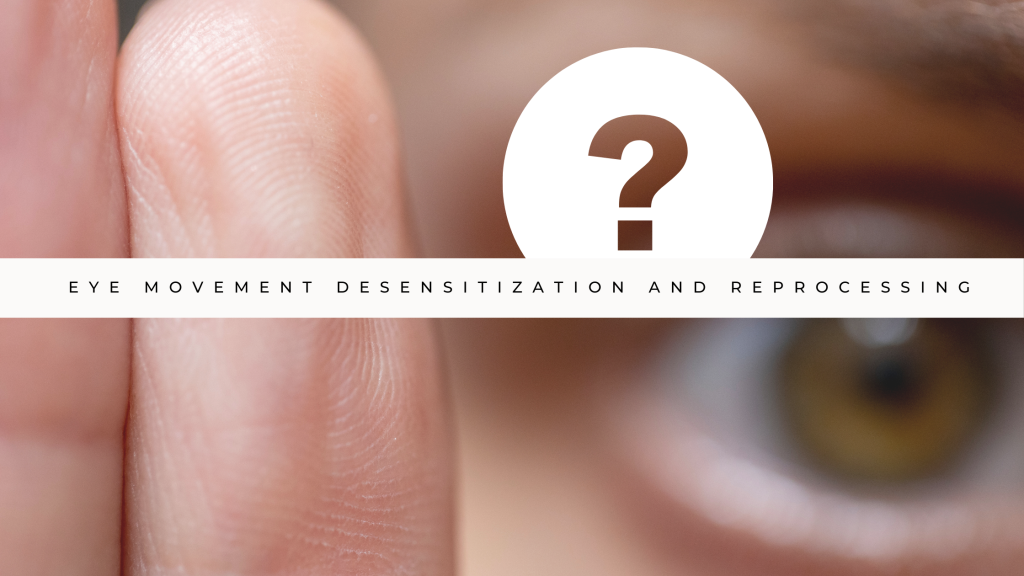
Photo by Aliyah Jamous on Unsplash
So many parents have been saying to me lately, “my teen is just really sad” and “my teen just doesn’t have any motivation”. Their lives have been flipped upside down with the lack of social interaction with friends, group programs and sports teams on hold, constant changes happening in their schools and here in Calgary contending with a lockdown. It is not an easy time for anyone, let alone teens who are developmentally wired to be seeking independence from their families and social engagement with their peers. To add to this, we are in a time of mass communication and teens are fed information at lightning speed on all kinds of topics and important issues that their developing brains somehow need to make sense of.
There are many things at play that are impacting how teens are navigating and coping with the current state of things. I am just skimming the surface. This is not the first generation to face massive changes and hardship.
We are in a time of opportunity; the opportunity to look at how to help teens learn new ways to cope with what is going on in their world and learn how to surf the waves instead of drowning. If you are ready to seize this opportunity, here are a few ideas that you can try.

Photo by Kristina Tripkovic on Unsplash
Grief and Loss
As 2020 winds down, I am aware of such a level of grief and loss of the way things used to be. Although some days, my hope remains that things might go back to being how they were, I also recognize there will be changes that are here to stay. Acknowledging the losses felt by teens over these past months can help put those sad feelings into context. Along with the sadness is probably some anger, numbness, confusion, anxiety, and so on. Teens have experienced losses in all areas of their lives throughout the pandemic. Loss of school structures that were familiar, loss of face to face time with friends, loss of group interactions, loss of a sense of control and predictability, loss of some of their independence, loss of some future plans and dreams, just to name a few.
What you can do: Acknowledge the losses. Let your teen know you see the suck. Create some space to allow your teen to share about what’s been hardest for them or what they miss the most.

Photo by Tim Marshall on Unsplash
Self Compassion
In moments of suffering and hardship, being kind and caring towards ourselves, the way we would be with a close friend, can be a powerful coping tool. Studies, like this one, that focus on teens and self-compassion have found it to be a strong predictor of health, achievement, social connections, optimism, positive affect, and overall life satisfaction.
On the other hand, these studies have also found that practicing self-compassion reduces feelings of depression and anxiety, rumination, cognitive distortion (inaccurate thinking), social anxiety, fear of judgement, internet addiction, and goal avoidance.
Self-compassion is not about strictly having good feelings or feeling sorry for yourself. It is based in good will towards yourself and being supportive through the suffering and human experience.
What you can do: Try a few self-compassion exercises yourself and share with your teen the ones that were supportive for you or the ones that you think might be easiest for them to try. Here are a couple places to start looking:
- https://self-compassion.org/category/exercises/#exercises
- https://centerformsc.org/msc-teens-adults/
- https://www.goodreads.com/book/show/33776111-the-self-compassion-workbook-for-teens

Photo by Kulli Kittus on Unsplash
Seeing Through the Weeds
It is super important not to gloss over the suffering and hardship part. Acknowledging and offering some empathy (putting yourself in their shoes) is the first step for sure. Saying that, if you are only looking at the weeds, it is easy to get caught and stay there. The next step is to help teens see through the weeds and grow some of their coping skills. The more resources your teen accesses, the better they are able to pull themselves out of those difficult moments of thoughts and feelings. The trick here is practice, practice, practice and repeat. It is like learning to play an instrument or riding a bike, you have to really practice and you need to do it often to get better.
The other thing is to use strategies that work for them and go with those. Each person will have their go to tools and they will change with time, so it is a great idea to often try new ones and kind of do a spring cleaning of mental health strategies.
What you can do: Do a little inventory of coping strategies to get through tough moments. I like to use ESD as an acronym for my resources. If you and your teen use this tool – it’s interesting to notice which category you have more and less of.
Challenge yourself to find 5 (or more) in each.
E – Express – Journaling or writing down feeling and thoughts, making a mood playlist, writing a poem, exercise, writing a letter to my future self, talking to friends
S – Settle or Soothe – Gratitude practice: write 3 things I’m grateful for every day, walking my dog, making an inspirational or relaxing playlist, getting outdoors, taking a bubble bath, snuggling with a pet and soft blanket
D – Distract – Doing something for others, hanging out with friends (virtually I guess), watching videos, skating, exercise, setting a goal
If you and your teen want to learn more about how to cope with difficult thoughts and feelings, follow me on Instagram @therapywithchantal for weekly tips, ideas and resources.

Chantal Côté (she/her) is a psychologist and teen life coach living in Calgary, Alberta. After over a decade in non-profit and community mental health, Chantal started Pyramid Psychology, a practice dedicated to supporting teens – a population she is constantly amazed by. Chantal is on a mission to help 100,000 teen girls (and their parents) build bulletproof mindsets so they can weather the ups and downs of life. As part of this goal, Chantal has had the privilege of speaking at various events – virtual and live – to support teens and parents.
Outside of this passion, Chantal is often in nature, writing poetry, playing ball hockey and hanging out with her loved ones.
Each week, Chantal writes a blog article in response to issues she hears from the parents and teens she connects with.
If you have something you’d like to read more on – email ideas and questions to info@pyramidpsychology.com or DM us via Instagram or Facebook.








 From Feeling Alone to Connected: Finding Your Way out of Loneliness
From Feeling Alone to Connected: Finding Your Way out of Loneliness



















 What I would tell my younger self (younger sibling). When I ask this question 9 times out of 10, teens tell me their advice for their younger person would be to wait as long as they can before they start using social media, to avoid platforms that constantly show them videos and pictures they compare themselves to, and to enjoy things outside of screen time.
What I would tell my younger self (younger sibling). When I ask this question 9 times out of 10, teens tell me their advice for their younger person would be to wait as long as they can before they start using social media, to avoid platforms that constantly show them videos and pictures they compare themselves to, and to enjoy things outside of screen time.






 Hello, my name is Tara, and I am a graduate student in counselling, I will be doing my practicum at Pyramid Psychology and I am very excited to practice all the skills I have learned as well as develop new relationships.
Hello, my name is Tara, and I am a graduate student in counselling, I will be doing my practicum at Pyramid Psychology and I am very excited to practice all the skills I have learned as well as develop new relationships.














 I am a registered social worker with a Bachelor of Social Work with a major in psychology from the university of the Western Cape, and a Master’s in Clinical Social Work specialization with individuals, families, and groups from the University of Calgary.
I am a registered social worker with a Bachelor of Social Work with a major in psychology from the university of the Western Cape, and a Master’s in Clinical Social Work specialization with individuals, families, and groups from the University of Calgary.





